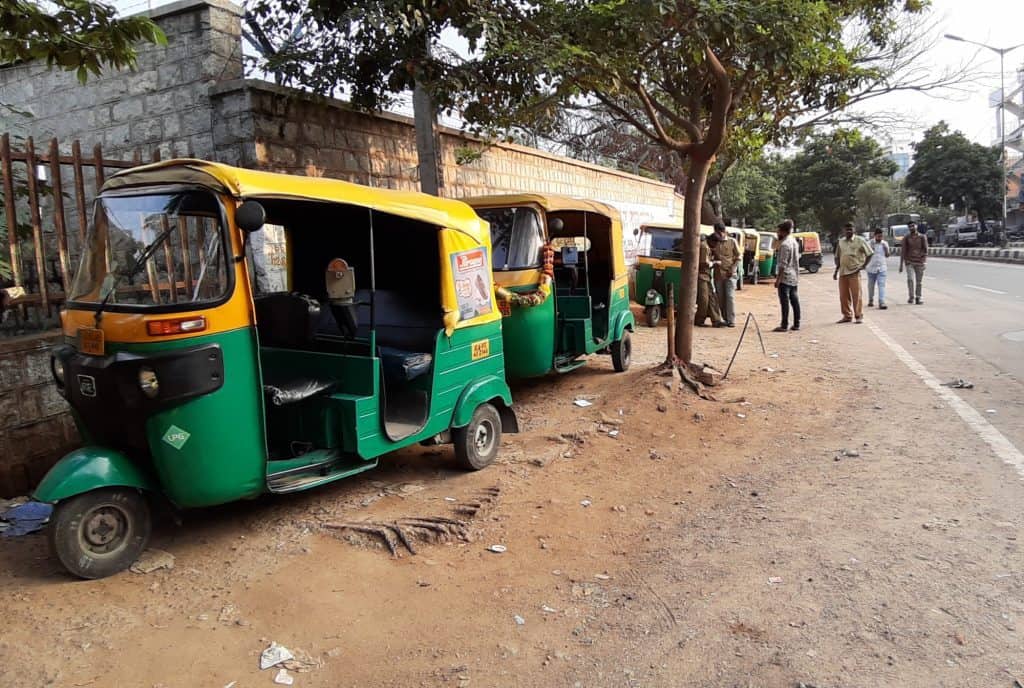Two cases of Omicron found
A 66-year-old South African national who flew from the city last month and a 46-year-old doctor with no travel history are the first two cases of Omicron in India, detected in Bengaluru. Both were fully vaccinated and showed only mild symptoms. The South African national had tested negative before leaving on November 27, and had not waited for his genome sequencing results to be confirmed. But none of his 24 primary and 240 secondary contacts have tested positive.
Whereas the doctor’s lack of travel history has raised worries over the possible presence of the new variant in others. Among the 218 contacts of the doctor, three primary and two secondary contacts have tested positive.
Omicron had been designated a VoC (Variant of Concern) by the WHO (World Health Organisation). A health department official said that cluster testing and genomic sequencing is being done, which would help understand if the variant is spreading in the community.
Source: Indian Express, The Times of India, Deccan Herald
New COVID rules
Chief Minister Basavaraj Bommai chaired a meeting with experts, senior ministers and officials on Friday to discuss the way forward, after Omicron cases were detected in the city. It was decided that only fully vaccinated people would be allowed entry into malls and theatres. Double vaccination is also mandated for the parents of children aged below 18 years who attend schools and colleges.
Since COVID clusters had emerged in some colleges, all higher educational institutions have been directed to not hold events or festivals till January 15th. The number of participants allowed at gatherings has been capped at 500. The expert committee for COVID had made some of these suggestions to the government earlier.
Meanwhile, the situation in airports was felt to be chaotic as the state and central governments have announced guidelines for international fliers. A spokesperson of BIAL (Bengaluru International Airport Limited) said that international passengers were required to submit self-declaration forms on the Air Suvidha portal, upload a negative COVID RT-PCR report and vaccination certificate. About 1,600 global passengers have arrived since Tuesday midnight, of whom 1,191 were from at-risk countries.
Source: The Times of India, Indian Express, Deccan Herald, The Hindu
Read more: Citizen engagement helped ease the COVID crisis. Can it also reform our Bengaluru?
Autorickshaw fares up
From December 1, auto-rickshaw fares have been increased to Rs 30 from Rs 25 for the first two kilometres, and to Rs 15 for every subsequent kilometre. Waiting time will be free for the first five minutes, and Rs 5 will be chargeable for every 15 minutes thereafter.
Passengers can carry up to 20 kg luggage for free. A charge of Rs 5 can be levied for additional luggage up to 20 kg. The total additional luggage that can be carried has been capped at 50 kg.

The Centre also announced that autorickshaw services through online platforms would be subject to a 5% GST from next year. Ola and Uber rates will also be increased. Auto drivers defend the hike as they have been hit by fuel price rise and lockdowns.
Source: Indian Express
Polluted floodwaters kill fish in lakes
Due to heavy rains and floodwaters mixing with sewage, several lakes – including Jakkur and Rachenahalli in North Bengaluru – have reported the death of aquatic animals. Stormwater drains flowing into Jakkur lake carried garbage and sewage. Activists said the system needs to be strengthened and Sewage Treatment Plans (STPs) upgraded. They added that civic agencies should prepare an action plan to stop the entry of sewage into lakes.
Source: Deccan Herald
Govt to fence Shikaripalya lake
Meanwhile, following a survey and due to residents’ pressure, the government agreed to fence the 19.5-acre Shikaripalya lake in Electronic City and to relocate 12 families who had built settlements on the lake bed. The lake will also be fenced to end the dumping of garbage and construction debris.
Some activists had rejuvenated lakes downstream of Shikaripalya lake, but the filth flowing from here had poisoned other lakes. Due to the paucity of land for garbage dumping, even government vehicles were dumping garbage into the lake. Animal carcasses from nearby meat shops were also disposed there.
Source: Indian Express
Transit mobile app
A multi-modal transit mobile app, developed by the commute solution provider Tummoc, will soon integrate data on Rapido bike taxis with other transport options, to enable first-and-last-mile connectivity. Users can access Tummoc’s app to understand public transport routes and transport options between two points in the city.
Source: Deccan Herald
[Compiled by Revathi Siva Kumar]